In the last half term of year 9, students study the BTEC Tech Award, starting with Human Lifespan Development. The course itself revolves around the key idea of PIES - physical, intellectual, emotional and social development and how these apply in different contexts and scenarios.
The course is designed so that components build on each other as students grow in confidence. This allows students to embed their knowledge whilst giving opportunities to put into practice what they learn. This conceptual study alongside practical application leads to the acquisition of knowledge, understanding and technical skills through vocational contexts.
Throughout Key Stage 4 there is a lot of personal development, this includes SMSC through looking at moral dilemmas, effects of an ageing population, recognition of the work health and social care staff carry out daily, values, attitudes and beliefs about what is right or wrong, impact of day to day decisions individuals make in their lives, understand the impact of many factors on health and wellbeing, understand how society influences people’s lives in many ways, consider questions on identify, belonging and behaviour, develop tolerance and respect for all and acceptance of those with differences.
Literacy is taught through developing a broad vocabulary, inferring meaning from a variety of sources, evaluating different interpretations, writing in precision and explaining own demonstrations. Oracy is improved as confidence is built whilst demonstrating care values, evaluating other people’s performances, adapting talk to suit a context and actively listening to others. Students are also encouraged to read around their subject.
Quality Marked Assessments are carried out regularly in KS4 and change depending on which component students are currently working on. These assessments are practice versions of the Controlled Assessments which they will sit for component 1 and 2. When covering content for component 3, students will be assessed regularly with different exam practice questions.
View full programmes of study


